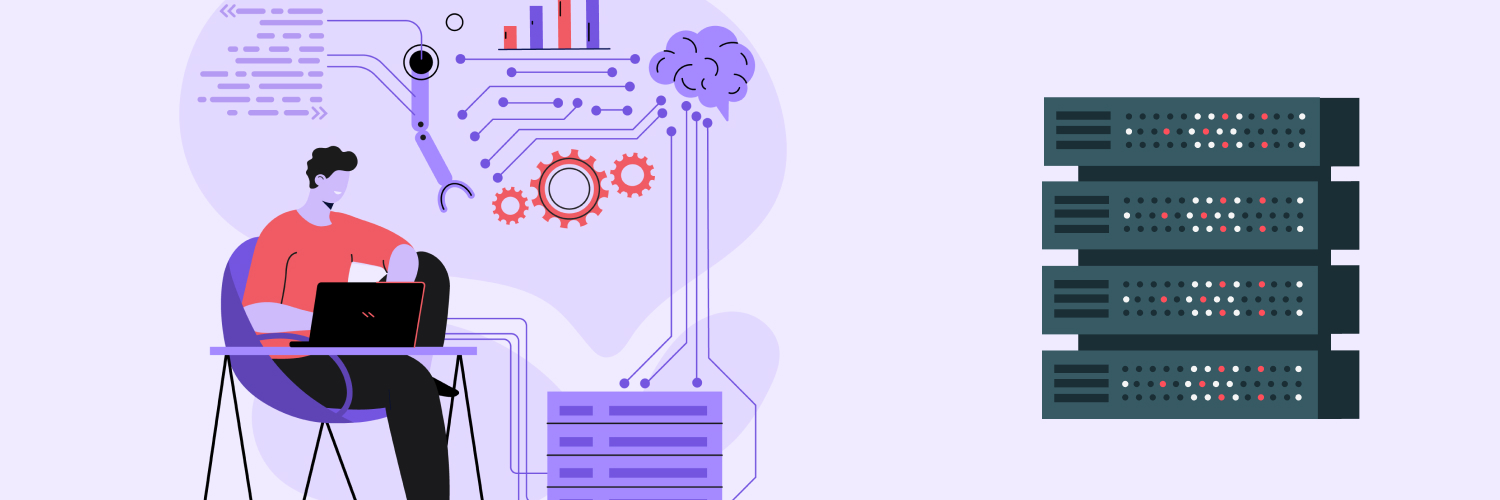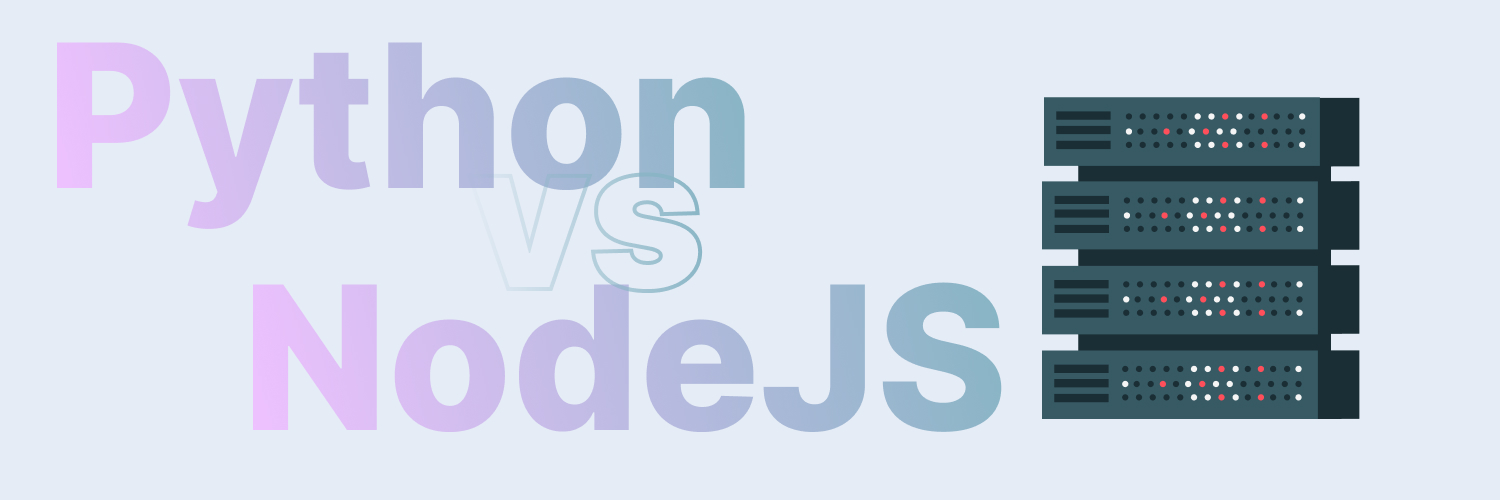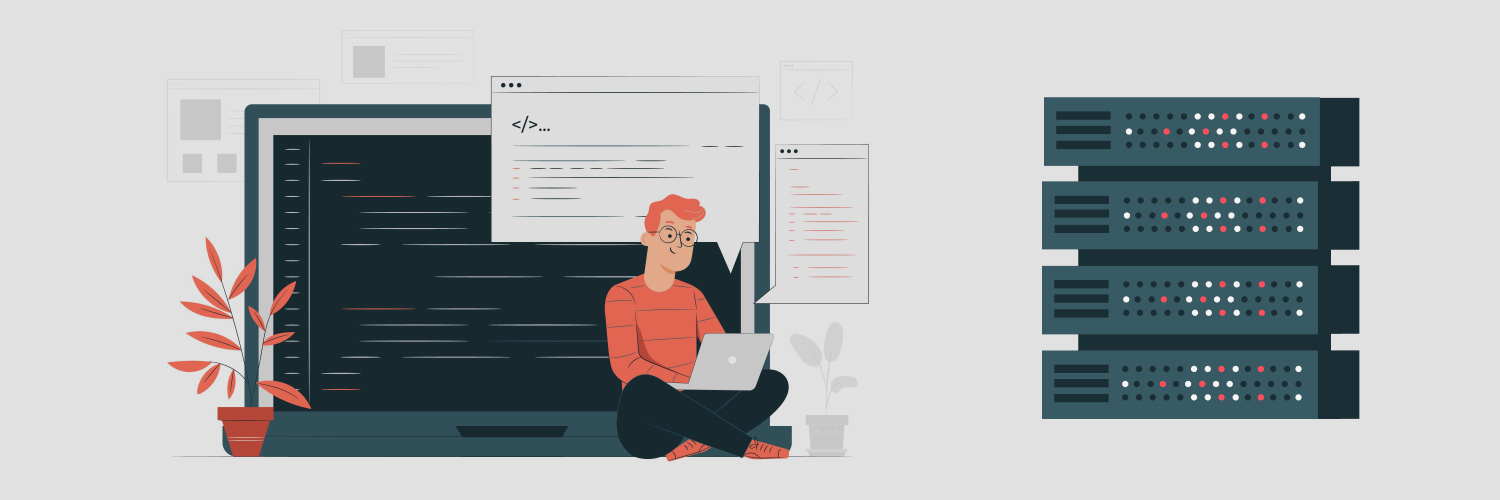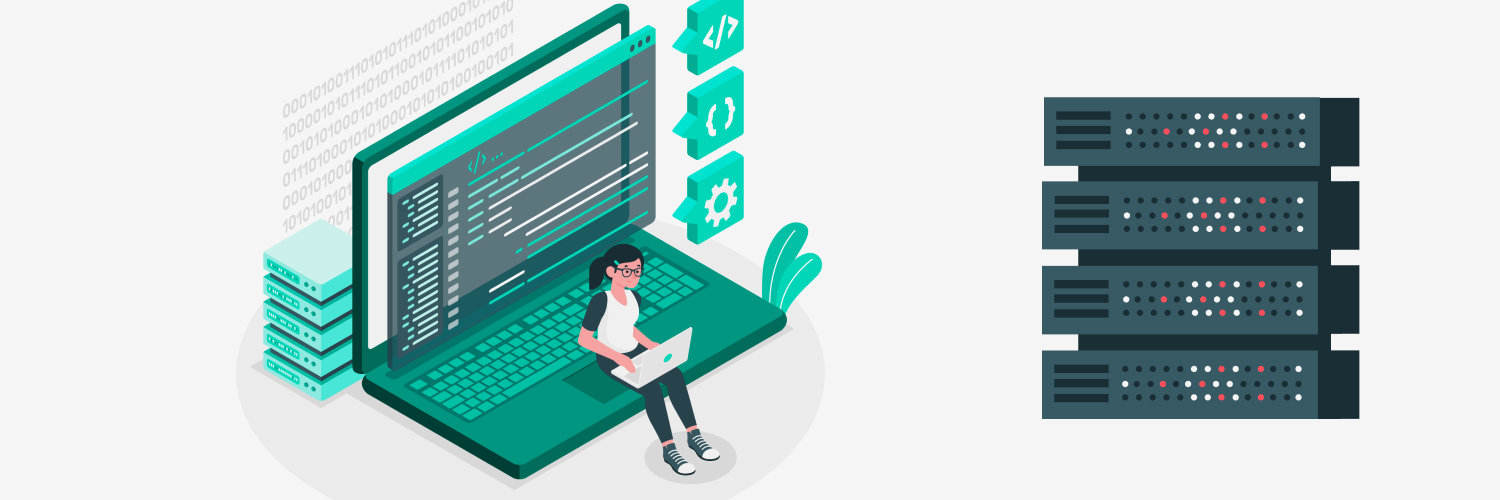The Ultimate Guide To Using Web Scraping For Sales Through Getting Qualified Leads
Online retail is in an exciting place. It’s easier than ever to start an online business, and there are more people than ever using the web to find what they need. According to Statista, almost 2 billion people were shopping online as of 2020.
Part of getting your slice of the market is knowing how to differentiate your business and break through the background noise everyone else is creating. You need to find and reach the people best suited for your product — and that takes data.
You need addresses, emails, phone numbers, and locations of businesses you plan on reaching out to. All of that is publicly available online, but sifting through it yourself would be a full-time job on its own.
Luckily, web scraping provides an excellent way for businesses to gather the kind of targeted data they need to reach new customers. Web scraping software lets you comb through mountains of data to gain insights you can use to generate those valuable sales leads. One of the best parts is that it can be automated.
Here we’ll take a look at how to use web scraping to get leads, and how using proxies is an essential part of that process.
What Is Lead Generation?

If you’re in the sales or business world, you’ve probably heard the term “lead generation.” But what exactly does that mean, and how can web scraping help you do it more effectively?
A “lead” is defined as someone that expresses an interest in your product or service. They’re usually people who have given you an email in exchange for a free trial, downloadable product, or some other benefit. Lead generation is basically getting people curious enough about your product that they initiate contact. That’s where the data comes in.
Data Scraping and Lead Generation
Big companies like Google scrape and use data every day in this exact way. The targeted ads people are shown are a direct result of the user data they collect, which paints a picture of their preferences and shopping behaviors.
Using your own web scraping tool allows you to do the same thing. You program your web scraper, tell it what to look for, and it brings that data back to you to analyze. Combing through the data provided can tell you anything from how popular a certain product is to what state the majority of a company’s customers live in.
To picture how you can use that to your advantage, say you have a photography business and you’re trying to generate leads. You look on a social media site and see the business page of a photographer in your area has thousands of likes. You can scrape the data from fans of that business’ page to see what kind of people are reaching out to that business and decide who to reach out to yourself based on the information collected.
Of course, when collecting this data, it’s your responsibility to act ethically and respect the privacy of the individuals behind it. The data you collect should be kept secure, only used for the intended purpose, and deleted once it’s no longer useful.
Finding The Right Sources

The most advanced data scraping software on earth is useless if you don’t choose the right sources. It can get you the information — but you need to make sure it’s quality data.
To do that, you’ll need to think about who your ideal customer is and how you’ll be using the data you collect.
It’s helpful to ask yourself:
- Will you reach out to people directly or collaborate with influencers?
- Where do the people you want to reach spend their time online?
- What do your target customers do?
- What are their values?
From there, you can decide how to use web scraping to get lead generation data. One good way to start is by looking at your competitors or the bigger companies in your space. Scraping their site for customer demographics can provide a cache of data you can use to assemble a better-informed picture of your ideal audience.
Getting The Data You Need

Once you know which areas to target to get the data you want, you can use a variety of tools to pull that information from the web.
A note before we begin explaining: data scraping always needs to be done ethically. If the data isn’t publicly available, don’t scrape it. Don’t inundate sites with requests and make the administrator think they’re being attacked. If you’re using proxies (which we’ll get into shortly) they need to be ethically sourced.
That said, you’ll likely use one of three methods to get the data you need:
- Buying lead generation software designed to scrape data from a reputable provider
- Using one of the many available web scraping tools online yourself
- Writing the code to build a scraper bot and using it with proxies
The tools you choose here will be very important. Some web scrapers will gather the data for you, but it’s helpful to find one that will also make it easier to analyze that data. For example, some business lead scraper tools will automatically eliminate duplicate, incomplete, or erroneous data from the set.
Choosing The Right Proxies

Data scraping involves a lot of website requests. If a site gets hit with too many page requests in a short amount of time, it’ll usually ban the IP address that’s sending out those requests. This is a protection measure website administrators take to avoid getting shut down by distributed denial of service (DDoS) attacks designed to overload and crash site servers.
Using proxies is one way to stop that from happening. Proxies act as an intermediary between your device and the website server and make it appear as though the page request is coming from somewhere else. Even if you send a large number of requests, you’re less likely to get banned if it looks like those requests are coming from multiple locations.
Data Center Proxies vs Residential Proxies
There are two types of proxies commonly in use: data center proxies and residential proxies.
Data center proxies still switch out your device’s IP address but identify themselves as coming from a data center. They aren’t associated with an internet service provider (ISP). They can still be good for web scraping, but don’t provide as much anonymity as residential proxies. They do, however, have high connection speeds.
Residential proxies are associated with an ISP. They use the IP addresses of regular devices, like smartphones or laptops, to make it seem as though a request is coming from an everyday user. This makes it less likely that you’ll be banned, as site owners want to avoid unnecessarily banning regular people.
Residential proxies are better for scraping data at scale because they appear to be regular users. Having a multitude of proxies you can switch between when making requests gives you even greater anonymity. Rotating residential proxies are the perfect example of that concept in action, and they provide a high level of security and anonymity when scraping data.
Using Proxies Ethically
There are some caveats when it comes to using web scraping for lead generation. First, you want to make sure your proxies are being sourced properly — less scrupulous companies will sometimes steal people’s IP addresses and sell them as proxies without those people knowing. Be sure you get your proxies from a reputable provider.
Secondly, be considerate. Even if you’re using rotating residential proxies, don’t hammer a site with an overabundance of requests. There will often be a file in the page code, called a robots.txt file, which specifies the optimum time between page requests that a website can handle. If it’s there, read it and follow those rules.
Choosing the right proxies and following those etiquette rules will allow you to collect a wealth of data, safely and ethically. Once you have it, you can tailor your message to the perfect audience.
The Benefits of Web Scraping for Lead Generation

Scraping the data from competitor sites can provide a wealth of demographic information on possible customers and help generate leads. That data helps you save time by marketing to people who are more likely to be open to your message and product instead of reaching out cold and hoping for the best.
You can also use web scraping to enhance the performance of your site. For example, if you run a business blog and want to see what kind of posts do well with readers, you could scrape data on the most popular blogs from competitor sites. Those topics would help you create your own content tailored to those in your niche, which can boost its performance. That can help more people see your blog and your site, which will ultimately mean more leads.
The possibilities for web scraping are pretty much endless when it comes to lead generation. Any kind of publicly available data you can think of, you can collect and refine to gain insights on your piece of the market.
If you’re ready to get started using web scraping to generate business leads, Rayobyte can help. We provide ethically sourced proxies you can use to scrape data with confidence. Check out our residential proxies for the best way to scrape data for your information-gathering needs.
The information contained within this article, including information posted by official staff, guest-submitted material, message board postings, or other third-party material is presented solely for the purposes of education and furtherance of the knowledge of the reader. All trademarks used in this publication are hereby acknowledged as the property of their respective owners.





